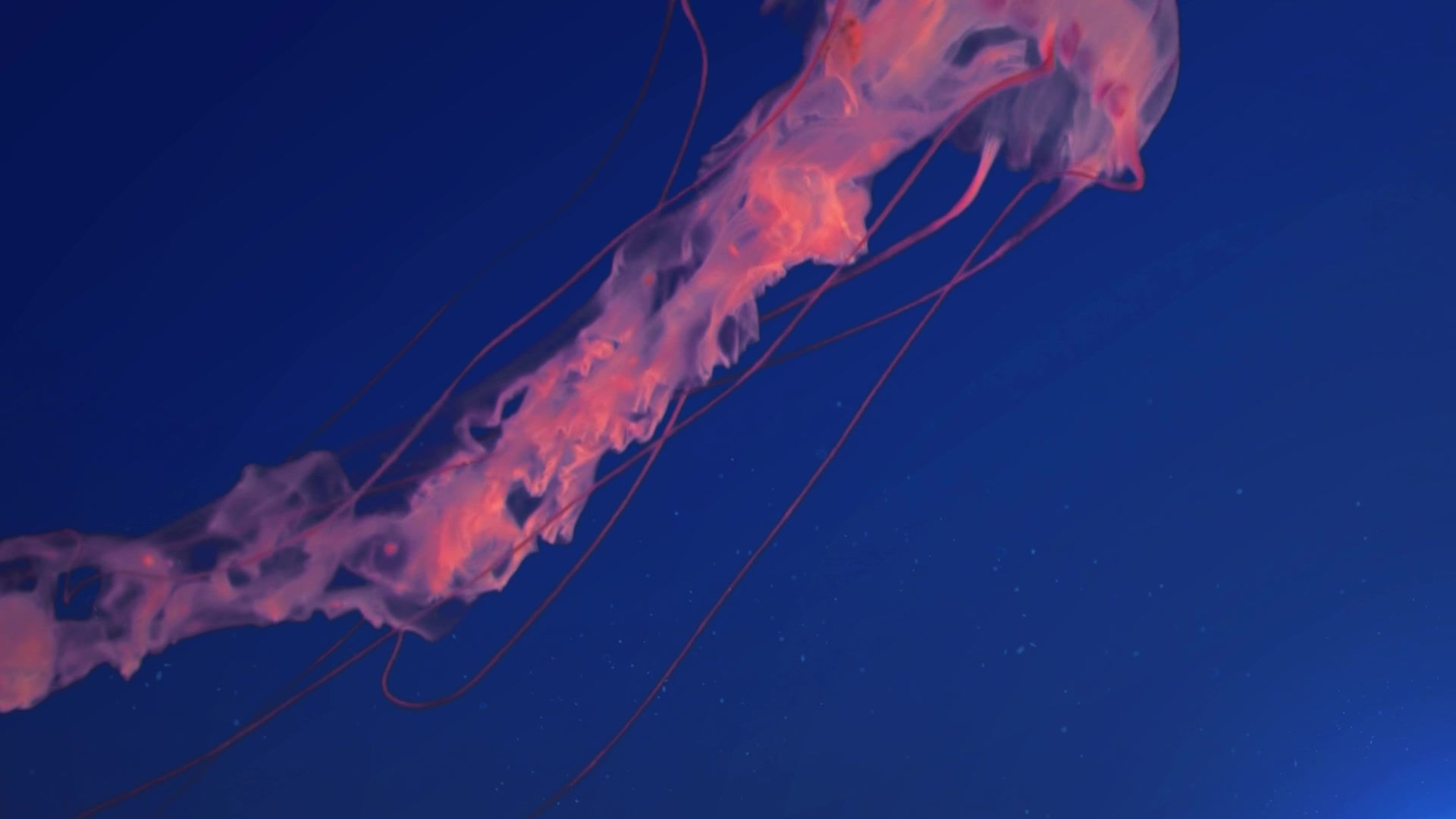
Science vs. Pseudoscience
SC.912.N.2.1 Identify what is science, what clearly is not science, and what superficially resembles science (Pseudoscience/Fake science) but fails to meet the criteria for science
SC.912.N.2.2: Identify which questions can be answered through science and which questions are outside the boundaries of scientific investigation, such as questions addressed by other ways of knowing, such as art, philosophy, and religion.
Tutorials
Question Quest
SCIENCE
Science is the process of investigating concepts that are testable through observation or experimentation. It is a way of knowing, a way of explaining the natural world through observations, questions, and experiments. Science is an organized way of gathering and analyzing information about the natural world.
Science is a process of investigation, not a collection of facts. Scientific explanations must be able to change, as they are refined when new evidence comes to light.
Science can only investigate testable ideas or concepts. Scientific explanations can only be evaluated using evidence, which is derived from observations of natural phenomena. An explanation must be rejected or changed if it is not supported by evidence.
Examples: Biology, Physics, Astronomy, Geology, Ecology etc.
The main ways of testing a scientific explanation are observation and experimentation.
Scientific Knowledge is:
Based on empirical evidence
Durable and robust
Open to change
Can be verified or tested by further investigation
Goals of Science:
One goal of science is to provide natural and testable explanations about events in the natural world. Science also aims to use those explanations supported by data to understand patterns in nature and to make useful predictions about natural events
NOT SCIENCE
Many of these activities do involve investigation, but not of testable concepts
1. Art: Painting, music, sculpture, or dance - is evaluated by aesthetics, or what appeals to senses and emotions. Your opinion of an art piece cannot be disproven using a scientific test
2. Philosophy: In philosophy, investigation is by reasoned argument, not by observations of the natural world.
3. Religion: Involves investigation, but through meditation or reflection instead of repeatable testing
PSEUDOSCIENCE/False Science
Pseudoscience is defined as a practice that claims to be science but is based on beliefs that are not scientifically supported.
Pseudoscience is a claim, belief, or practice which is presented as scientific but does not adhere to strict standards of science (e.g. controlled variables, sample size, replicability, empirical and measurable evidence)
One example of a pseudoscience is astrology. Astrology studies how the position and movements of celestial bodies - such as planets and stars - can explain people’s actions and events on Earth
Phrenology the detailed study of the shape and size of the human skull as a supposed indication of character and mental abilities.
Examples: Astrology, Numerology, Phrenology etc
